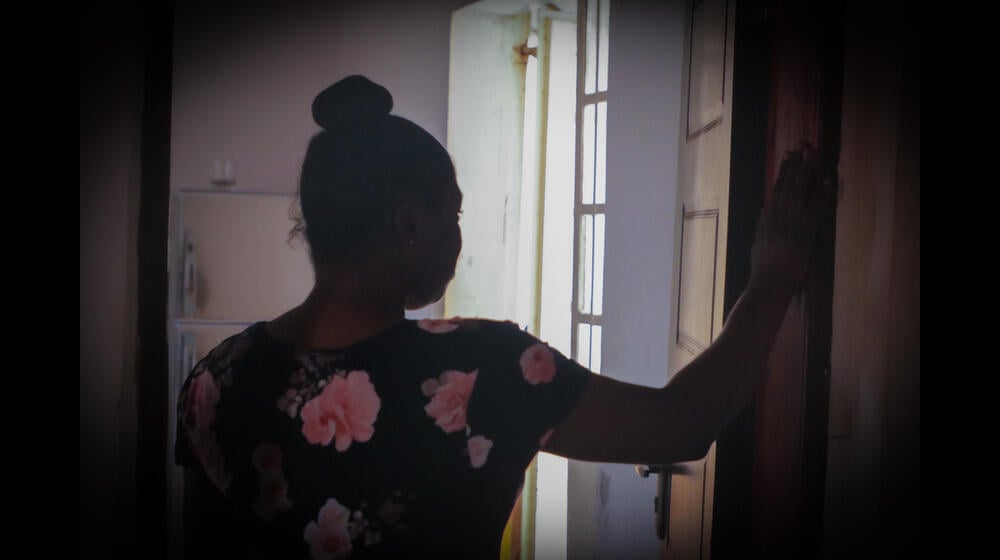In March 2024, a 23-year-old woman, seven months pregnant, arrived at the GBV shelter in Bakoteh. She had been referred to the shelter by the Network Against Gender-Based Violence. What unfolded next was a heartbreaking yet all-too-common story of survival and hope for young women searching for green pastures.
Full of dreams for a better life, she had been lured to The Gambia by a family friend with promises of a good job and financial independence. Eager to provide for herself, she accepted the offer. The journey seemed like an opportunity for a fresh start, but upon arriving, her world quickly shattered. Instead of finding work, she was forced into prostitution, a nightmare she never imagined. Her desperation grew when she discovered she was pregnant. With no means to support herself and nowhere to turn, she was finally able to seek help. Thanks to the UNFPA-supported GBV Shelter in Bakoteh.
Just a week after her arrival, another young woman arrived at the shelter under similar circumstances. Like her, she had been deceived by traffickers and found herself pregnant and vulnerable, far from home.
At the shelter, these brave women were not only provided a haven but also connected to essential life-saving services. Through the referral pathway established with trained service providers, they received free antenatal care and, in time, safe deliveries for their babies. But their journey didn’t end there.
With support from the National Agency Against Trafficking in Persons, their respective embassies, and the collaboration between UNFPA and IOM, these survivors were able to safely return to their country of origin. Both survivors received livelihood support, empowering them to start anew with small income-generating activities. For these women, it was more than just a journey back home—it was a journey to reclaim their dignity, independence and hope for the future.
Their story is a powerful reminder that silence does have to be the end. Services are available. If you or someone you know needs help, contact any of the one-stop centres near you or call the 199 to report a case or access support services.



